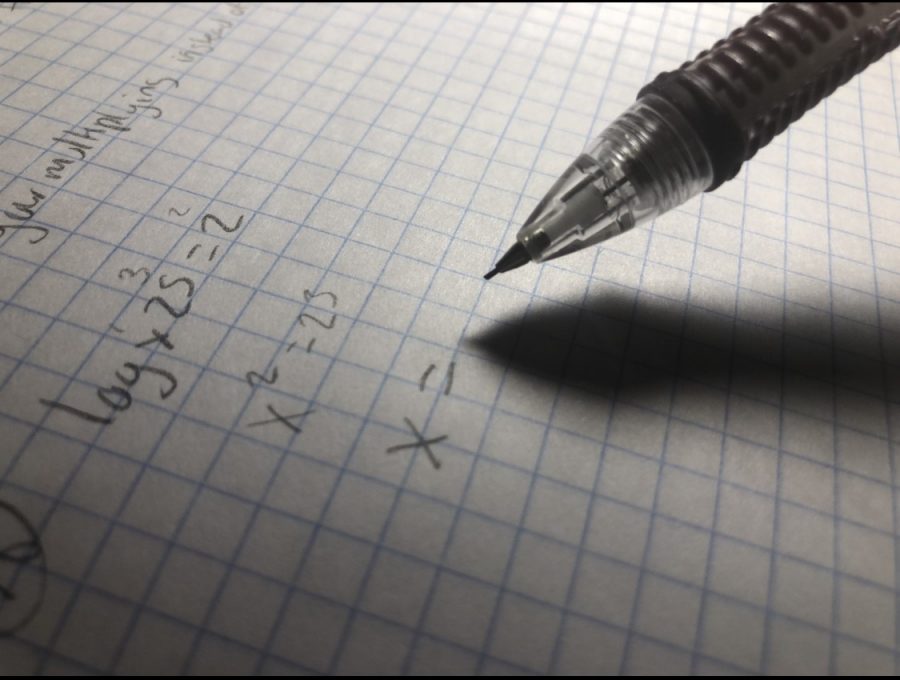How Air Academy Teachers are Maintaining Academic Honesty
Have you ever realized that you have a math test next period and forgotten to study? Many students have been in this position over the years, but now with E-learning looking up answers is easier than ever. With the recent changes in how students are doing school, there is no way for teachers to check if a student is being academically honest.
For those students at home, many hear their teachers encouraging them not to cheat, but using only words is no guarantee on anything. There are many ways teachers try to prevent cheating while in person, such as walking around the classroom, monitoring students’ screens, and making sure cell phones are tucked away out of reach, but while online, the teacher cannot physically monitor for cheating. They rely on locked browsers, and students’ integrity, yet with locked browsers, students still have their cell phones and many may care more about getting a good grade than the guilt they feel.
One way English teachers may combat cheating is by having students write paragraphs based on a reading.
“I use paragraph responses as a way to prevent cheating because you can’t find an answer to a prompt I came up with,” said English teacher Elsie Hatfield.
Another point is that students with upstanding morals are more likely to get the downfall because they’re not getting as high grades as those who do cheat, creating this gap where those with higher grades don’t know the material and those with lower grades know the material. This can also influence students to start cheating. Their grade gets too low and they decide to cross that line.
“I know not all students will cheat, but it’s better to take precautions than to be sorry later,” said math teacher David Calvano.
Reminding students about their integrity and the importance of academic dishonesty can help with this issue. Explaining the grading system and establishing rules for students can help them understand that cheating is wrong, and though teachers may not get through to everyone, it is better to have the majority being honest than very few at all.
To prevent cheating schools can consider abiding by the “less is more,” rule. Determine how much homework is really necessary, and be sure students understand the purpose of each assignment. Avoid scheduling tests and projects at the same time, allow students to have enough time to complete assignments without cutting corners. It is difficult for students to manage multiple class homework assignments. Having teachers who understand these hardships can help.
The hope is that schools find less damaging ways to fix academic dishonest.

Hi my name is Alicia Daos and Im a junior this year. I'm very excited to be apart of the Jetstream Journal. Something about me is that I've been drawing...













